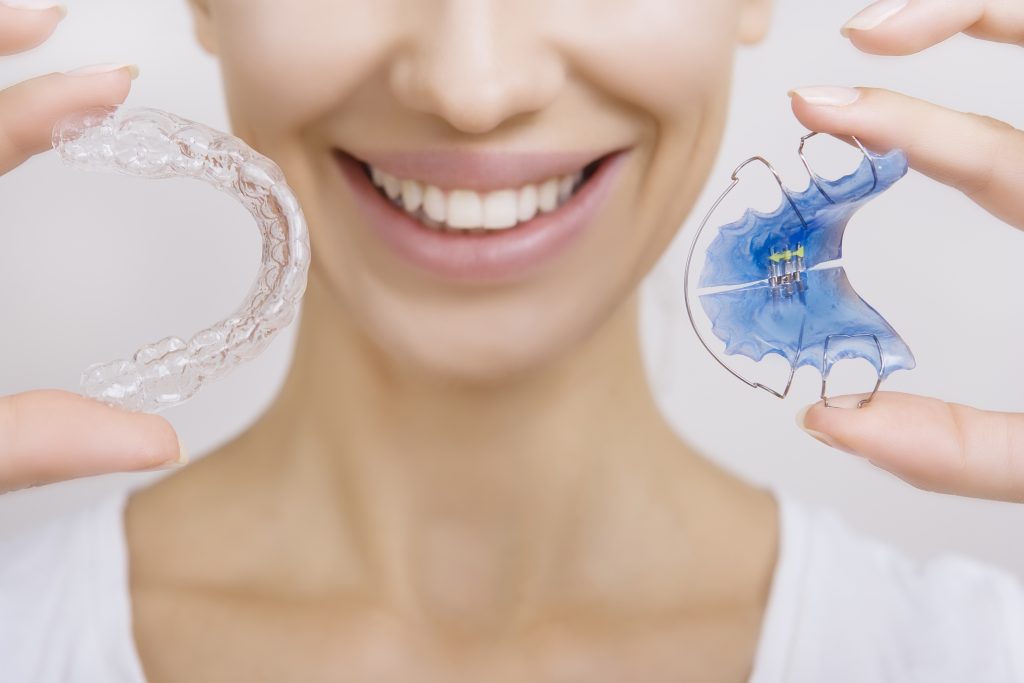The Dog Days of Summer...Have You Ever Wondered Where The Phrase Came From?
July 18th, 2023
The dog days of summer are known for being among the hottest of the season. Such days conjure up listless floating in the pool, scrambling to find shade and, of course, dogs panting in the heat.
With the hottest, sultriest days of summer upon us, the team at Bel Air Orthodontics decided to do a little research to find out what this expression actually means. Some say that summer’s “dog days” signify hot days “not fit for a dog”, while other’s suggest that it’s just another crazy old saying their grandmother made up. Despite the phrase's association with heat-struck canines, it has nothing to do with them. Well, it turns out that it has nothing to do with earthbound dogs anyway. Here are some fun facts that may just surprise you.

When Are the Dog Days of Summer?
The Dog Days aren’t just when your dog starts panting on a sweltering summer day. According to The Old Farmer’s Almanac, the Dog Days of summer are traditionally the 40 days beginning July 3 and ending August 11, which coincide with the dawn rising of the Sirius, the Dog Star.
What Are the Dog Days of Summer?
Well, it turns out that the phrase dates back to ancient Rome. The Latin phrase, dies caniculares, or “days of the dog star” was what the Romans called the period from mid July to mid August. Some ancient stargazers concluded that during those months Sirius, aka the dog star, rose in conjunction with the sun. They believed the star’s brightness added to the heat of the sun, creating a stretch of hot and sultry weather.

Sirius is by far the brightest star in the nighttime sky, but the star has nothing to do with the heat. The sun gets all the credit for that. Sirius, part of the constellation Canis Major, is actually about half a million times farther away from the sun—something the Romans didn’t know. So when they blamed the “Dog Star” for boosting the heat during the summer, they were barking up the wrong tree.
The Meaning of the Dog Star Today
These days, the expression refers to the hot, lazy days of summer which typically run from July through early September. While the Dog Days of summer are sure to bring sweltering heat, they also bring fun times. We hope your Dog Days of summer are filled with family, friends, poolside fun, and vacation adventures!



